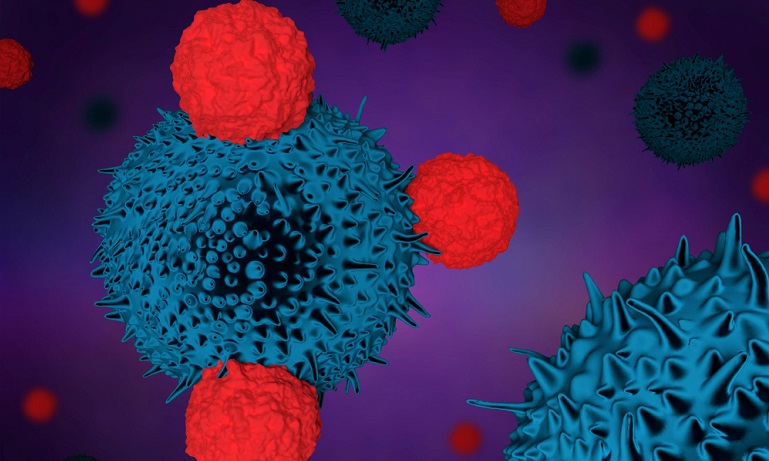After treatment with immune checkpoint inhibitors, metastatic melanoma survivors face many challenges in resuming their lives. They have many unmet aftercare needs. This emerged from a qualitative study conducted by Erasmus MC.
Each year, approximately 300,000 people worldwide are newly diagnosed with skin cancer. Thanks to multiple improvements in treatment, including the advent of immune checkpoint inhibitors, patients with metastatic melanoma now have better chances of survival than in the past. This has transformed melanoma from an incurable cancer with a very poor prognosis into a treatable disease.
Reclaiming life again and the benefit of aftercare
Because of the improved prognosis, more and more patients with metastatic melanoma are facing the challenge of returning to life after successful treatment. Research in patients with other cancers has shown that this can be difficult. They may experience not only persistent or recurring physical complaints, but also emotional, psychosocial, and work-related problems. In addition, the often unexpected shift in diagnosis–from imminent death to expected recovery–can be challenging.
To address these challenges and long-term consequences, the American Institute of Medicine recommends that follow-up care be provided for all patients who have completed initial treatment. This aftercare aims to inform and support patients, ensuring access to effective interventions and improving quality of life.
Previous research in aftercare
To date, no research has been done on the aftercare of melanoma survivors. Studies of patients with other forms of metastatic and non-metastatic cancer have shown that patients often have many unmet needs regarding follow-up care.
Previous quantitative studies have shown that melanoma patients can also experience physical and emotional problems after treatment. A preliminary qualitative exploratory analysis of the experiences of patients recovering from stage I/IV melanoma revealed several challenges. However, there has been a lack of in-depth research on this topic.
A qualitative study from Rotterdam
The current qualitative study was conducted on 20 patients with metastatic melanoma whose immune checkpoint inhibitors had been discontinued after achieving a sustained tumor response. In addition to the focus group of 9 patients, 11 individual interviews were conducted. The changed prognosis often caused mixed feelings among patients, mainly due to uncertainty about the future. Many find it difficult to carry on with their lives as they had before the diagnosis of metastatic cancer. There are several reasons for this, including one’s demands and expectations for oneself and others, constant complaints and new problems in various areas of life.
Furthermore, patients indicated that they need to find a new balance, such as learning how to deal with uncertainty, a change in outlook on life, and close relationships. In terms of aftercare, patients essentially need more patient-specific information, available in one place. They also wanted to know who they could turn to with questions. Finally, they needed psychosocial support, including for close relatives.
Clinical implications of this study
When counseling metastatic melanoma survivors, there can be added value to a single point of contact and a personalized care plan afterward. The latter is particularly important in skin cancer care, due to its multidisciplinary nature.
source:
Kamminga NCW, van der Veldt AAM, Joosen MCW, et al. Experiences of resuming life after immunotherapy and concomitant survivor care needs: a qualitative study among patients with metastatic melanoma. Br J Dermatol. 2022 May 21.

“Total coffee specialist. Hardcore reader. Incurable music scholar. Web guru. Freelance troublemaker. Problem solver. Travel trailblazer.”









More Stories
Brabanders are concerned about climate change.
The “term-linked contract” saves space on the electricity grid.
The oystercatcher, the “unlucky national bird,” is increasingly breeding on rooftops.